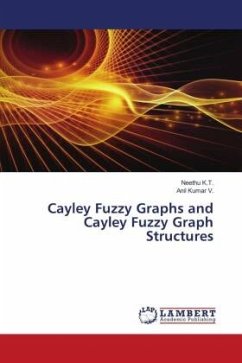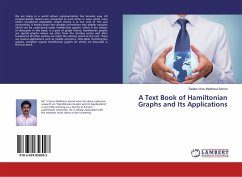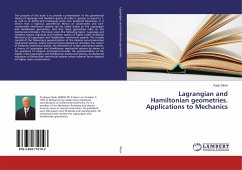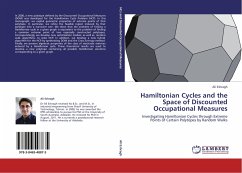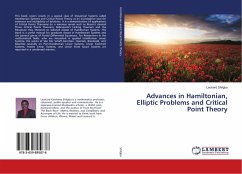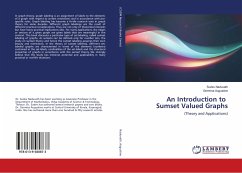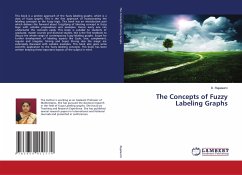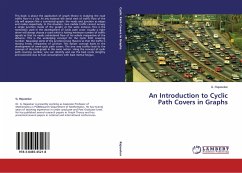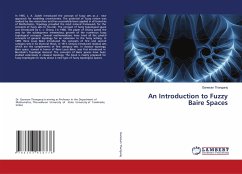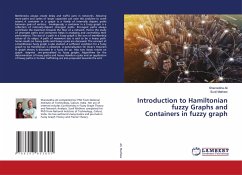
Introduction to Hamiltonian fuzzy Graphs and Containers in fuzzy graph
Versandkostenfrei!
Versandfertig in 6-10 Tagen
41,99 €
inkl. MwSt.

PAYBACK Punkte
21 °P sammeln!
Bottlenecks always create delay and traffic jams in networks. Allowing more paths and cycles of larger capacities can ease this problem to some extent. A container in a graph is a family of internally disjoint paths between pairs of vertices. Analogously, a container in a fuzzy graph is a collection of internally disjoint strongest paths. Strongest paths always contribute the maximum towards the flow of a network. Hence the study of strongest paths and containers helps in analysing and controlling their performance. The size of a path in a fuzzy graph is the sum of membership values of its edg...
Bottlenecks always create delay and traffic jams in networks. Allowing more paths and cycles of larger capacities can ease this problem to some extent. A container in a graph is a family of internally disjoint paths between pairs of vertices. Analogously, a container in a fuzzy graph is a collection of internally disjoint strongest paths. Strongest paths always contribute the maximum towards the flow of a network. Hence the study of strongest paths and containers helps in analysing and controlling their performance. The size of a path in a fuzzy graph is the sum of membership values of its edges. A path of maximum size is said to be a heavy path. Some results on heavy paths and heavy cycles are discussed. The concept of a Hamiltonian fuzzy graph is also studied. A sufficient condition for a fuzzy graph to be Hamiltonian is obtained. A generalisation for Dirac's theorem in graph theory is discussed in a fuzzy set up. Also two classic results on graph degrees are generalised to fuzzy graphs. Algorithms for the determination of heavy paths and heavy Hamilton cycles and an application of heavy paths in human trafficking are also proposed towards the end.



